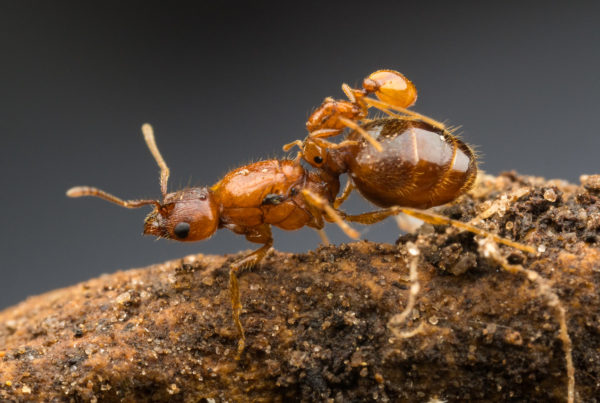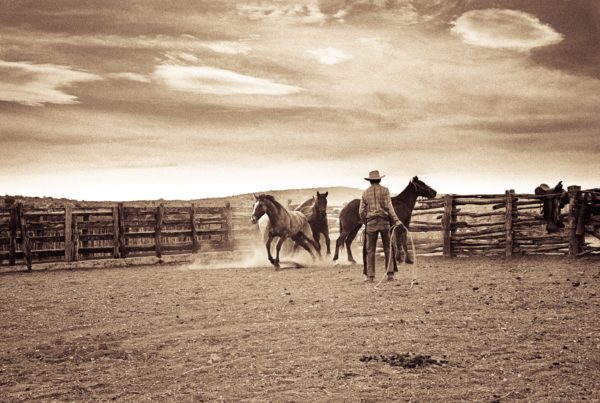A new investigation by USA Today finds that student-athletes who have been disciplined for sexual offenses are transferring transferring to other schools and continuing to play college sports. The newspaper is calling it “the predator pipeline,” and it’s happening at schools in Texas.
Kenny Jacoby is an investigative data reporter for USA Today. He says that the NCAA doesn’t monitor transfers of students with sexual misconduct offenses; it leaves it up to the academic institutions.
“While a university can suspend or expel an athlete it finds responsible, nothing stops that athlete from then transferring elsewhere where his sanctions essentially disappear,” Jacoby says.
He says there are no standard rules among schools that are part of the NCAA.
So far, Jacoby has found 30 student-athletes who have transferred after being accused of sexual misconduct. One of them is Tristen Wallace. Two female students accused him of rape at the University of Oregon. He then transferred to Prairie View A&M University in Texas where he has played football for two years.
Jacoby says it’s up to the universities to monitor this before a student transfers, but transcripts often aren’t enough.
“Transcripts don’t always note previous conduct offenses,” Jacoby says. “When coaches are vetting these recruits, typically all they do is talk to former coaches of his and get a character reference.”
But he says coaches don’t always disclose the Title IX offenses. And the “tracer” form that documents a student’s disciplinary offenses doesn’t always reflect that student’s behavior when it comes to sexual misconduct
“Some schools told us that the tracers came back clean even though the student-athlete did have disciplinary action in his past,” Jacoby says.
One Texas school, the University of North Texas, is investigating the sexual misconduct history of one student-athlete. In the meantime, that student is still on his team roster.
Written by Caroline Covington.















